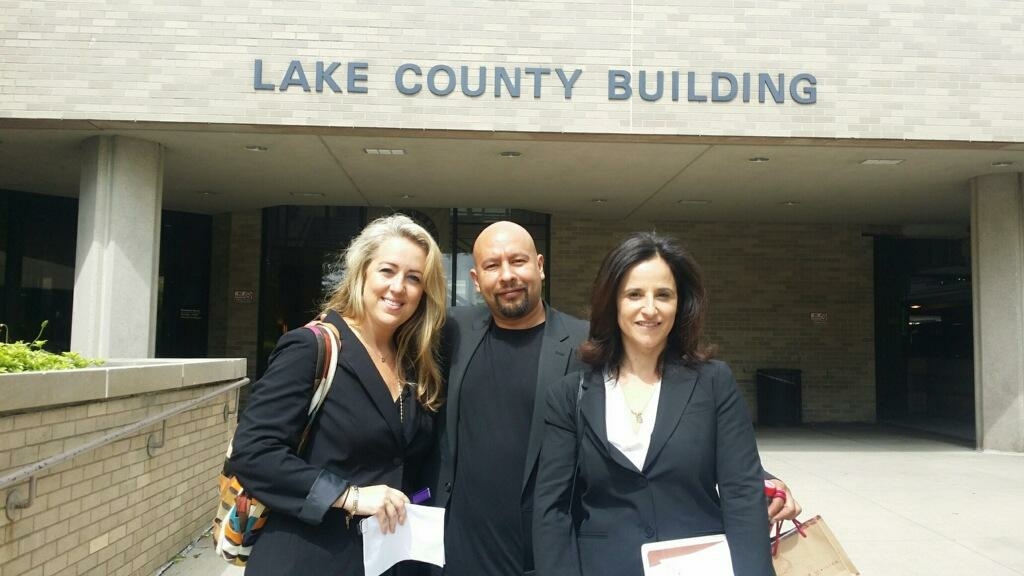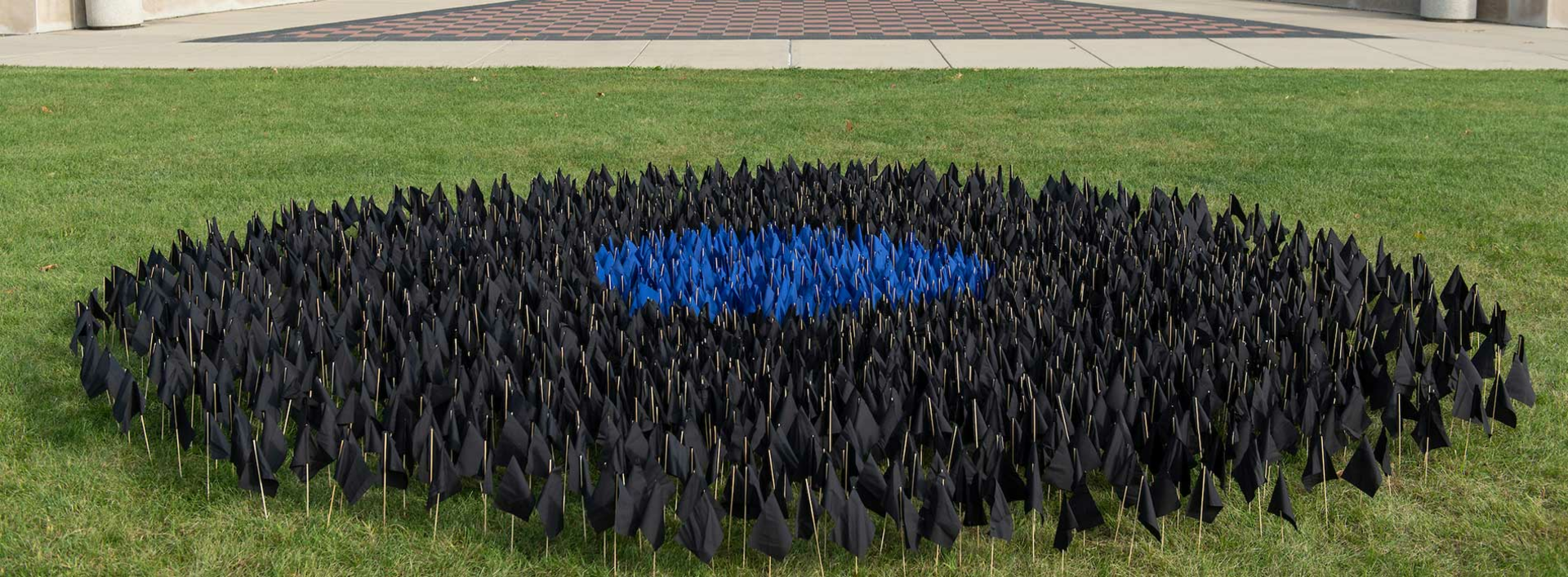Angel Gonzalez was proven innocent by DNA testing and released from prison in March 2015 – after serving nearly 21 years in prison for a rape he did not commit.
His nightmare began on July 10, 1994, when a woman in Waukegan, Ill., was forced out of her apartment building into a waiting car by two men who drove her several blocks away and violently raped her.
The victim gave police a description of the attackers and the car. She said her attackers were two Hispanic men with dark hair, around 25 years old, of average weight and taller than her (she was 5ˈ7″). The car, she told police, was a dark colored, late model, four-door sedan with tinted windows.

Later that same night, the police returned with the victim and her boyfriend to her apartment building. While there, the boyfriend saw, from 50 feet away on the other side of the building, a car pulling out of the parking lot. He told police the car looked like it did not “belong” at the apartment building.
Angel Gonzalez was driving that car to take his girlfriend home. He had spent the evening with his girlfriend at her sister’s apartment located in the building next to the victim’s building and was completely unaware of the crime that had transpired earlier that night. Based on the boyfriend’s hunch, the police obtained Angel’s license plate number. Shortly after Angel dropped off his girlfriend, the police pulled him over.
Angel did not match the description of the attackers – he was shorter than the victim and had a goatee beard and mustache, and a distinct birthmark under his eye. Details of his car did not match the victim’s description of the perpetrators’ car. Yet the police took him into custody and put him in the squad car.
At the time, Angel had lived in the United States for a very short time, having moved from Mexico with his family to live in Waukegan. Language barriers became a critical factor in Angel’s wrongful conviction. He spoke very little English; the officers initially spoke only English to him. Angel had no idea why he had been taken into custody.
In the dark of the night, Angel then was placed in a highly suggestive “show up” identification procedure in which the police brought the victim to the car holding Angel. An officer pulled Angel out and placed him in front of the squad car in which the victim sat. The squad car lights illuminated the handcuffed Angel. Without getting out of the car or looking at him up close, the victim identified Angel as one of her attackers.
Angel was placed under arrest and held overnight in police custody. All he could piece together with his limited English was that police said he had hurt a woman. After being awake for over 24 hours, Angel “waived” his Miranda rights, given to him in English.
Police then began his interrogation in English. At an impasse, a Spanish-speaking detective was brought in. Angel continued to maintain his absolute innocence, even providing names of individuals who could independently verify his whereabouts at the time of the crime – his girlfriend and her sister, with whom he’d been watching a movie. Although police returned to the apartment area to examine the crime scene, they never attempted to investigate Angel’s alibi in good faith. Instead they lied to Angel, telling him that his girlfriend and her sister did not support his story.
Police fed Angel details of the crime as they interrogated him. After their attempts to break him down, they asked Angel to write a “confession” in Spanish, which he did. But this statement did not match details of the crime. So officers prepared a statement written in English, which Angel signed.
No physical evidence ever linked Angel to the crime. He had four alibi witnesses who could attest to his innocence. Still, he was convicted of aggravated sexual assault and aggravated kidnapping, and sentenced to 55 years in prison, based in large part on the English language “confession” he had signed.
Soon after arriving at the Department of Corrections, when Angel was still struggling with English, he was placed into solitary confinement. There, he and other inmates grew frustrated with their unlivable conditions. A small-scale protest by the individuals in their solitary cells occurred and some sinks in the cells were flooded and damaged. Angel was charged with Damage to State Property and sentenced to an additional three years, to be completed upon his release on the rape case. Angel, still understanding very little English at the time of this “sink” conviction, entered a guilty plea in court without ever receiving the services of a Spanish interpreter.
Angel’s life in the squalid conditions of solitary confinement continued. To pass the time, he began teaching himself English by copying words out of a dictionary. Once released from solitary, Angel pleaded for help from the New York-based Innocence Project, with the help of his cellmate who wrote a letter on his behalf.
In 2013, the Illinois Innocence Project joined the Innocence Project on Angel’s case. The projects obtained the agreement of the Lake County State’s Attorney Office to conduct DNA testing on the crime scene and rape kit evidence. That testing identified two distinct male DNA profiles – neither of which matched Angel’s DNA. The testing conclusively showed that Angel was not one of the perpetrators. Further DNA testing ruled out the victim’s boyfriend as one of the two sources of semen, making Angel’s innocence scientifically absolute.
On March 10, 2015, Angel’s convictions were vacated by agreement with the Lake County State’s Attorney’s Office. But this tragic mistake was not over.
In a cruel twist, Angel was forced to spend that night in prison – despite the court’s acknowledgement of his innocence – because of the “sink” conviction. The next day, counsel from the Illinois Innocence Project and the NY-based Innocence Project appeared in Livingston County (Pontiac) with a motion to vacate Angel’s “Damage to State Property.” The motion was upheld and the conviction vacated. Finally, Angel was ordered to be released immediately.
On March 11, 2015, almost 21 years after he was imprisoned as an innocent man, Angel went home to his family.
